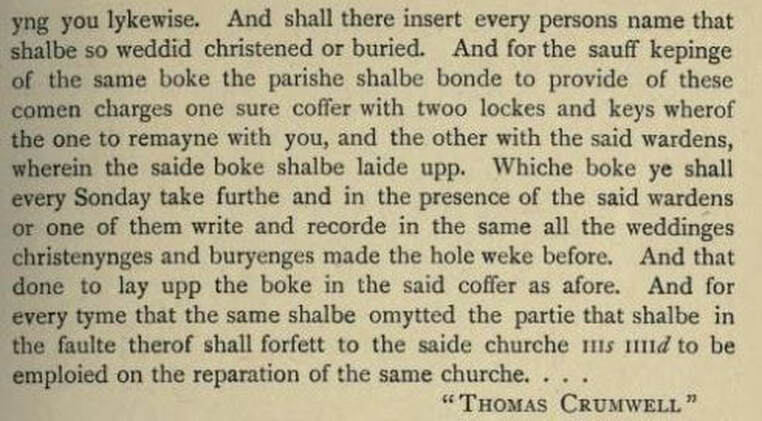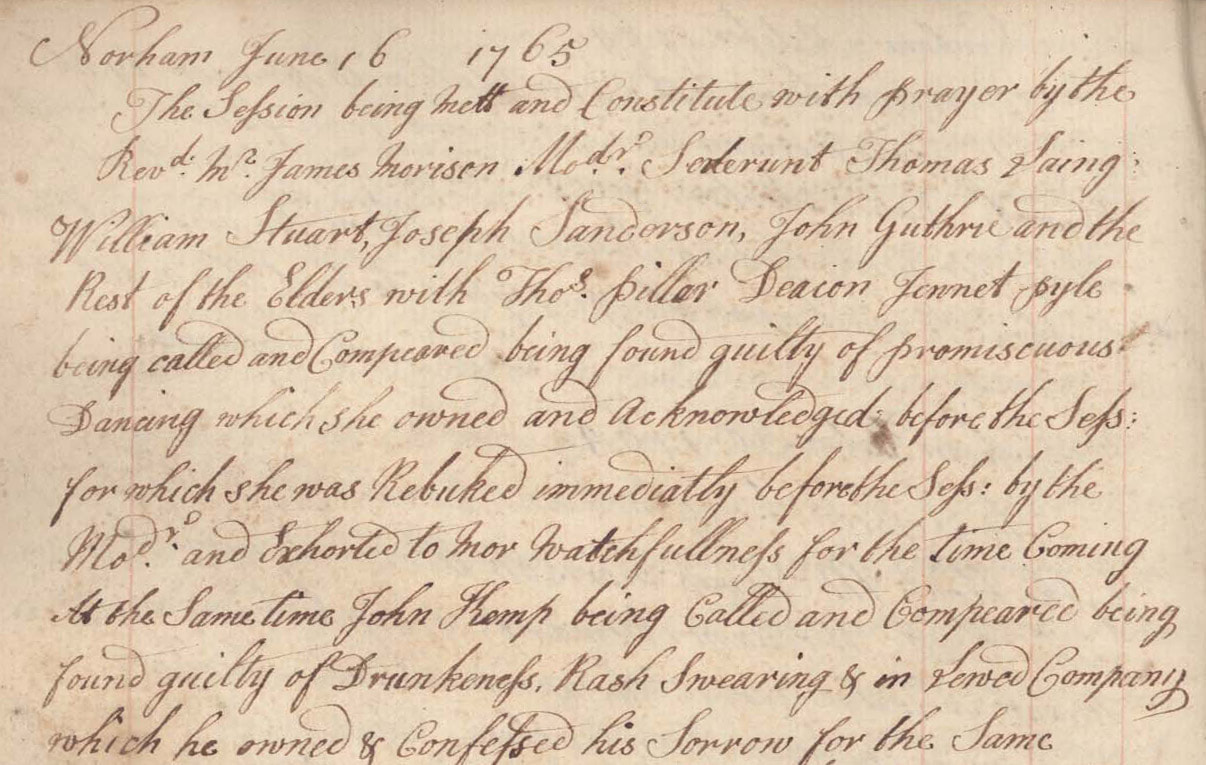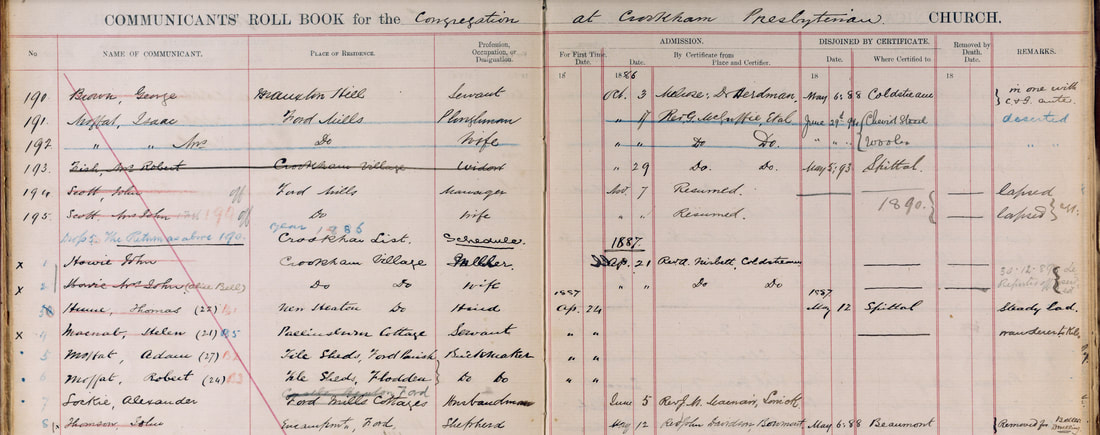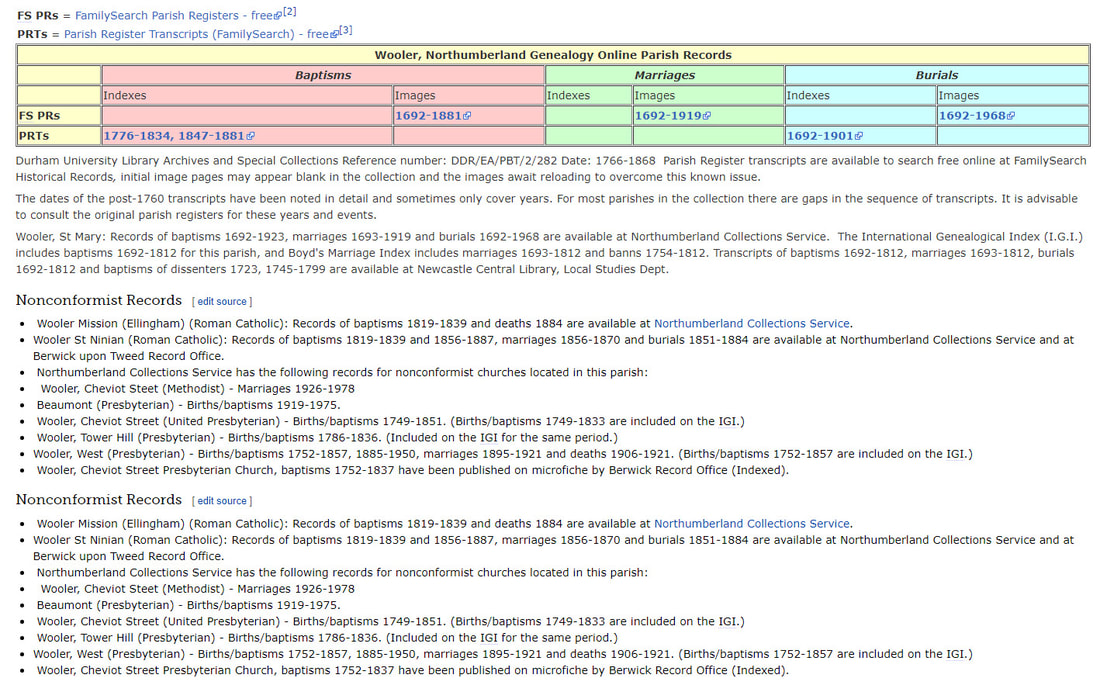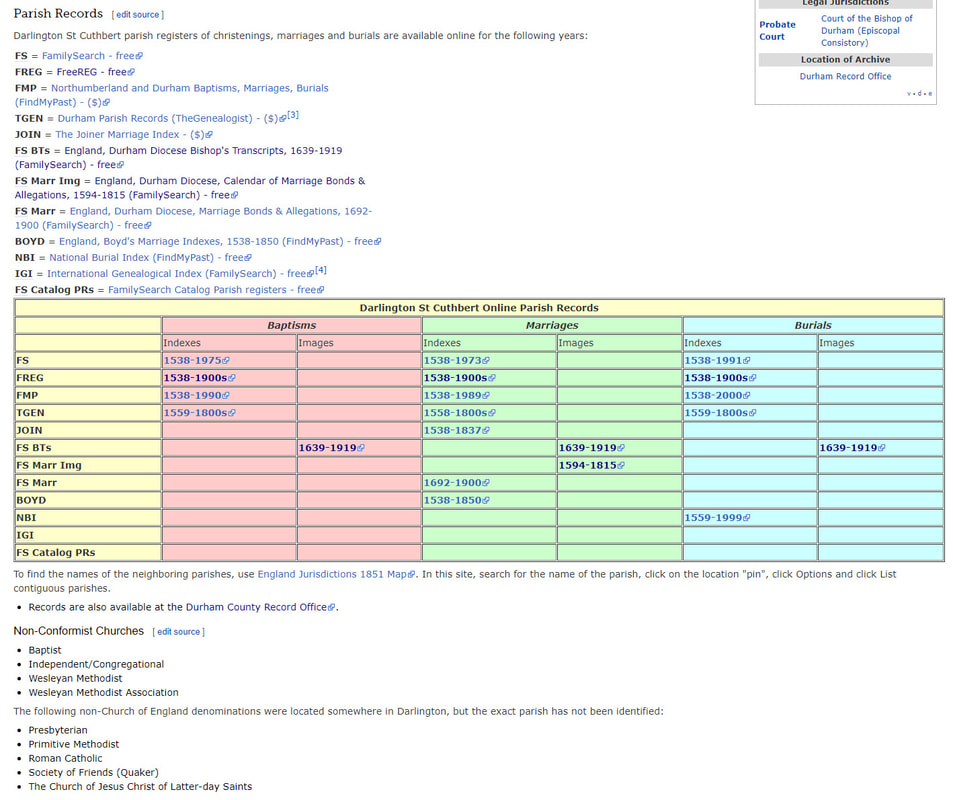|
Sadly, this is a question that is not asked enough! All too often circumstantial evidence is added to family trees and suddenly square pegs are sitting uncomfortably in round holes. Most of these errors are largely avoidable and have crept in unwittingly. There are many reasons why ancestors can’t be located, or the wrong ones appropriated, very briefly here are just a few:
Of course, there are other reasons too, but it would be impossible to cover such a huge topic in one short blog! In many cases, however, basic errors stem from a lack of understanding of the records that were kept and the laws that governed them. Often, the errors start to appear in the period prior to Civil Registration; 1837 in England, 1855 in Scotland, when evidence of familial relationships is sought in Church records. After all, birth marriage and death form the backbone of genealogy. Even after the introduction of Civil Registration in England, problems can still occur. Quick Note re Civil RegistrationWhen Civil Registration was introduced in England in July 1837 the onus for collecting records was initially placed on the Registrar of the Registration District in which the birth took place. This resulted in omissions, sometimes due to parental objection to the registration of births, which distorted both regional and national data. To rectify this, the Births and Deaths Registration Act of 1874 was passed which placed the onus on the parents, rather than the Registrar, and the parents could now be fined for non-compliance or late registration. This may be just one reason why a birth certificate is proving elusive during the early years of Civil Registration, particularly if the issue of illegitimacy has been ruled out. In Scotland when Civil Registration was introduced in January 1855, it was a statutory requirement to be performed by the parents or person in charge of the child from the outset. There is also the ‘Register of Neglected Entries’ which holds records of vital events dating from between 1800 and the enactment of the new law in 1855, but not registered elsewhere else i.e. a church register. Although they are very few in number those that do exist can be accessed through the Scotland’s People Website. This NRS Guide contains some helpful information. Tracing Ancestors in the Border Region Tracing ancestors in the Border regions can be particularly tricky. This is due to the different laws of each country and movement of people across the border. Although England and Scotland are part of the Kingdom of Great Britain, and have been since 1707, many of the laws in the two countries were different and continue to be so today. It might seem crazy after blogging for so many years to be writing about something quite so basic, but as it is something I regularly need to explain I thought it might be of use to a wider audience. Another important fact that needs a bit of clarification is what Old Parish Registers actually are and what they cover. Simply put they are the records of the Established Church of each Country.
‘On 17 August 1560, the Parliament agreed to a Reformed Confession of Faith, a fundamental step away from the Roman Church, and on 24 August it passed a series of Acts that entirely destroyed the Roman Church in Scotland. The celebration of mass was made punishable by a series of penalties up to and including death, and all Papal jurisdiction in Scotland was repudiated.’ All religions other than the Established Church in both countries were known as non-conformists or dissenters, with Roman Catholics referred to as ‘recusants’. Because the Parish Records are the records of the established churches in each country, they do not as a rule of thumb, include the baptism records for other religions. Where they do, particularly in the late 18th and early 19th century they may be marked ‘Diss’ or noted as Dissenters. The registers will, however, contain some marriages and nearly all burials until the introduction of Civic Cemeteries. Some notable exceptions to this rule were Jews and Quakers. Presbyterian Records in England |
AuthorSusie Douglas Archives
August 2022
Categories |
Copyright © 2013 Borders Ancestry
Borders Ancestry is registered with the Information Commissioner's Office No ZA226102 https://ico.org.uk. Read our Privacy Policy

